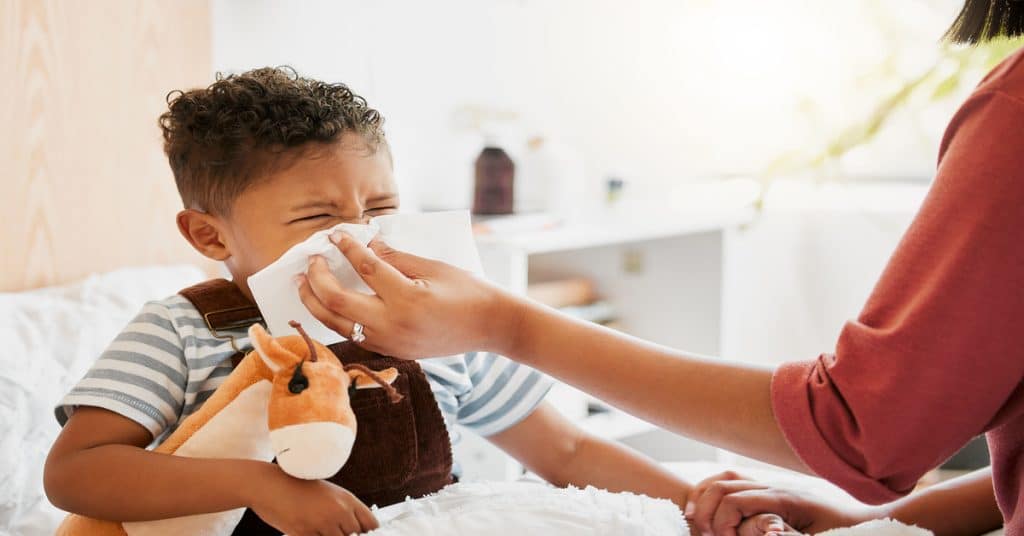
Children are born with an immature immune system, and for that reason, they are prone to a high number of infections. Their immune system matures as they grow.
The number of diseases they can contract as well dies down. However, you must put in place measures to help protect your children from contracting disease-causing germs.
Your children have a higher chance of contracting infections when they stay in an enclosed space with other children. It is especially true to toddlers and infants who touch their faces every other second hence introducing the virus into their bodies through the nose, eyes, or mouth.
So what are some of these measures that you should put in place to protect your children from infectious diseases?
Treating and Vaccinating Your Child
An immunization will help protect your child from vaccine-preventable infections. It has very few side effects.
Your child can contract infections that can affect them in various ways. If your child’s ear blocks, you may opt to use ear candles to pull out the wax and debris.
But if you are not careful, you may cause serious injuries that may lead to an infection. Ensure that they get an ear test immediately if you suspect any damage. That is where you will learn more about hearing tests for children.
Washing Your Hands Thoroughly
Your hands are a huge risk factor for carrying infections. Before you come into contact with your children, you should wash your hands with clean water and soap for more than 20 seconds and rinse them with a clean towel.
You should as well teach your children how to maintain good hand washing habits.
Keep the Environment Around Your Children Clean
Your environment plays a huge role in aiding the spread of infections to your children. Germs can survive on top of surfaces for about 48 hours.
You should, therefore, regularly sanitize the surfaces your children typically use, such as toys, cell phones, computers, and tabletops, among others.
Encourage the Use of Disposable Tissues
It is essential to use a tissue when you cough or sneeze to prevent spreading your infection to other people. Teach your child the proper way to handle a tissue when coughing to prevent the droplets from reaching their hands. You should also show them the best way to dispose of the tissue.
Encourage them to use only clean and dry tissue papers and to avoid reusing any tissues on areas around the face to avoid spreading any infections.
Avoid Sharing Items
If your child is sick, you should teach them not to share their foods, drinks, silverware, and personal items with other people. It can be one of the fastest ways to spread an infection. Ensure that you provide them with all that they require so that they may not have to borrow from their friends.
Reduce Your Child’s Exposure to Smoke
When you expose your children to cigarette smoke, you will turn them into passive smokers and increase the chances of them contracting a respiratory infection. That may affect their mucous membranes, making them have a runny nose or start wheezing, which may indicate a possible asthma infection.
One of the best practices you can make in your effort to keep your children safe from infections and sickness is to teach your children the importance of healthy living. Teach them about the healthy foods that will help build up their immune system. Additionally, create conditions where they will get plenty of sleep since the body heals better when you are asleep.




